Asset Tokenization Consulting
Specialized consulting to transform assets into tokens on the blockchain.
Tokenização de Ativos
Avalon offers specialized services in asset tokenization, helping companies convert physical or financial assets into digital tokens recorded on the blockchain.
What Is Asset Tokenization?
Asset tokenization is the process of converting tangible or intangible assets into digital tokens, representing a fraction or the entirety of the underlying asset. These tokens are recorded on a blockchain, ensuring security, transparency, and traceability. This approach allows illiquid assets to be fractionalized and traded more easily, expanding the market and improving liquidity.
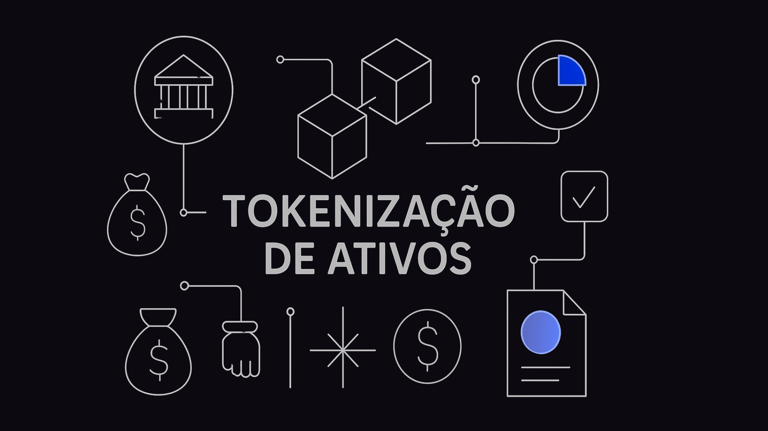

Tokenization Market
“The tokenization market is expected to reach up to $16 trillion by 2030.”
Sources: Reports from Boston Consulting Group (BCG), Market Research Future (MRFR), and Allied Market Research.
What Can Be Tokenized
Tokenization is a versatile process that can be applied to a wide variety of both physical and digital assets. The core idea is to represent the ownership or value of an asset as a digital token on a blockchain, facilitating trading, fractional ownership, and liquidity.
Below are the main asset types that can be tokenized:
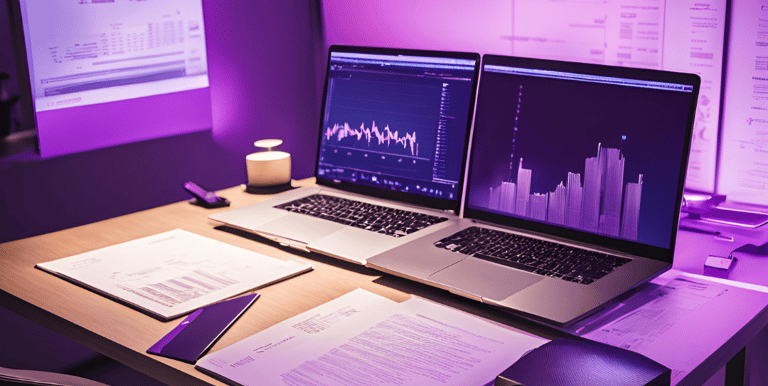



Financial
Company shares and equity tokens
Investment funds (tokenized funds)
Debt and loans (tokenized bonds)
Fiat currencies or stablecoins
Structured financial products (e.g., tokenized derivatives)
Real Estate
Physical properties (residential and commercial)
Real estate fractions (e.g., shares in a property)
Properties under construction (pre-sales)
Rental contracts and real estate receivables
Mortgage or real estate credit securities
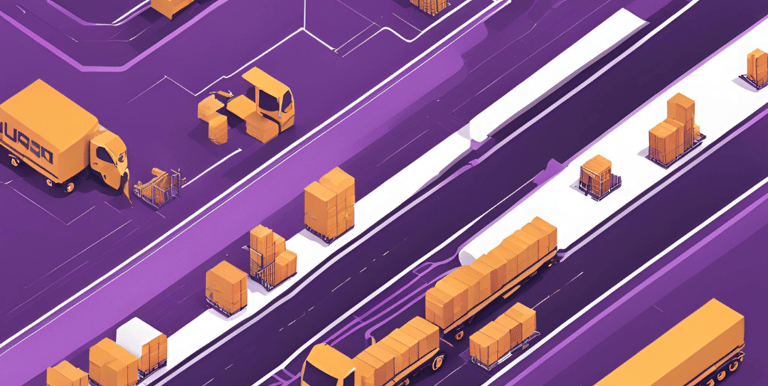



Logistics & Supply Chain
Goods (e.g., food, clothing, consumer products)
Product inventory
Shipping and delivery processes (digitization of freight contracts)
Product traceability (e.g., tracking a specific product batch)
Art & Entertainment
Artworks (paintings, sculptures, photography)
Music (copyrights and royalties)
Films (participation and royalties)
Literature (book and publication copyrights)
NFTs (non-fungible tokens for collectibles and digital items)
Memes and viral videos


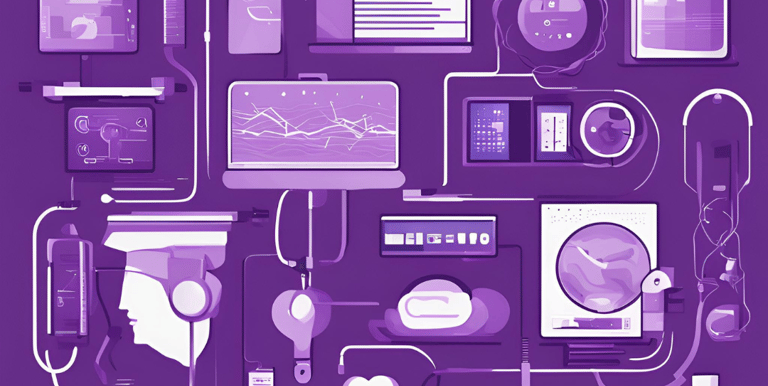

Agribusiness
Rural properties and farmland
Agricultural products (crop or input tokenization)
Agricultural equipment and machinery
Sustainability projects and carbon credits
Commodities
CPR (Rural Product Notes)
CRA (Agribusiness Receivables Certificates)
Health
Medical data (patient information and electronic records)
Medications and medical devices (tokenization of patents or inventory)
Participation in clinical trials and study data
Digital health tokens (e.g., access to healthcare services or benefits)
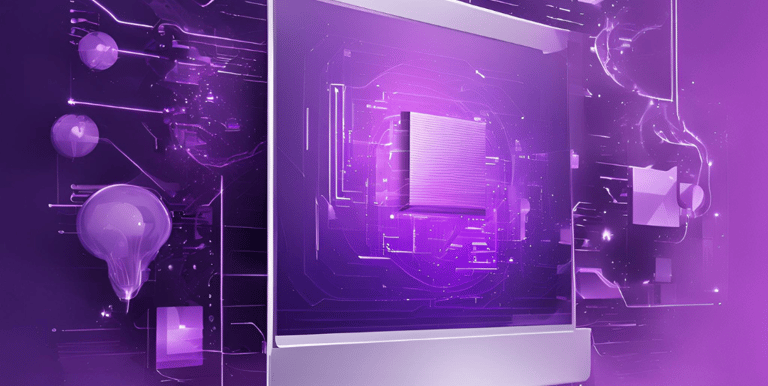

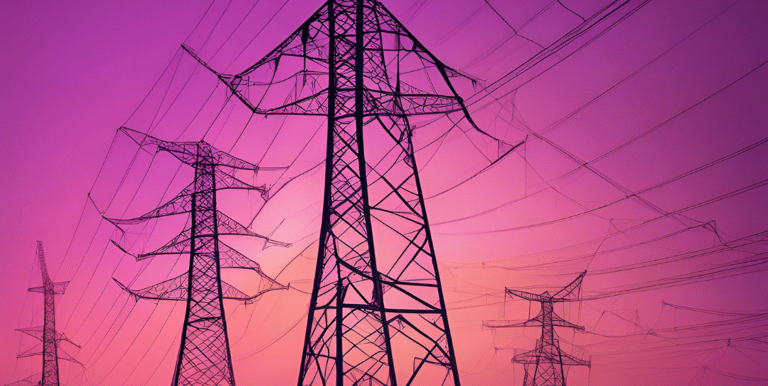

Technology & Software
Intellectual property (patents, trademarks, copyrights)
Software licenses and subscriptions
Utility tokens (platform or service access)
Data (processed information and metadata)
Energy
Renewable energy (clean energy certificates)
Carbon credits and environmental offsets
Participation in energy projects (e.g., solar or wind farms)
Energy efficiency certificates




Tourism & Hospitality
Travel packages and accommodation bookings
Tickets and passes for tourist events
Personalized experiences and services (e.g., adventure tourism, exclusive travel)
Loyalty programs (hotel or airline points and rewards)
Education
Diplomas and certifications (academic titles and courses)
Licensing of educational content (didactic materials)
Access to courses and learning platforms
Educational reward tokens (e.g., tokens for student performance)




Gaming & Sports
Digital game items (skins, characters)
In-game properties (e.g., virtual land)
Participation and profits in e-sports tournaments
Access to exclusive game content and events
Retail & E-commerce
Physical products (consumer goods such as clothing, electronics)
Loyalty tokens and reward programs
Coupons and discounts on transactions
Ownership rights over collectibles (e.g., limited-edition items)




Charity & Philanthropy
Tokenized donations and charity funds
Social impact and philanthropic project programs
Ownership in social and environmental initiatives
Fashion
Luxury clothing and accessories
Fashion collectibles (e.g., limited editions or exclusive pieces)
Authenticity certificates for high-value products
Participation in launches and new collections
Benefits
Benefits of Tokenization for Companies and Investors
Increased Liquidity
Tokenization enables fractional ownership of high-value assets, such as real estate and artworks, making them accessible to more investors and increasing market liquidity.
Security and Transparency
With blockchain technology, all transactions are immutably recorded, ensuring more security, traceability, and transparency in deals.
By eliminating traditional intermediaries, tokenization reduces operational costs and bureaucracy, making processes more efficient and accessible.
Reduced Costs and Middlemen
Frequently Asked Questions
O que é tokenização?
A tokenização é o processo de transformar ativos físicos ou digitais em tokens registrados na blockchain, permitindo sua negociação de forma segura, eficiente e acessível.
Quais setores já utilizam a tokenização?
Setores como imobiliário, financeiro, esportivo, de entretenimento, luxo e suprimentos já adotam a tokenização para melhorar eficiência e acessibilidade aos seus ativos.
Como funciona a negociação de tokens?
Os tokens podem ser comprados, vendidos e transferidos por meio de plataformas especializadas (marketplaces de tokens), exchanges ou contratos inteligentes na blockchain.
Quais tipos de ativos podem ser tokenizados?
Qualquer ativo pode ser tokenizado, incluindo imóveis, ações, obras de arte, commodities, direitos autorais, contratos e até mesmo moedas fiduciárias.
A tokenização é legal?
Sim, a tokenização segue regulamentações específicas que variam de acordo com cada país. No Brasil, por exemplo, a CVM já regula ativos digitais tokenizados dentro de determinadas categorias.
Como começar a tokenizar um ativo?
O primeiro passo é definir o tipo de ativo e escolher uma plataforma confiável para tokenização. Depois, é necessário seguir as regulamentações vigentes e implementar a tecnologia blockchain apropriada.
Entre em contato
Tem um projeto em mente? Conte pra gente! Na nossa consultoria, transformamos suas ideias em soluções reais
